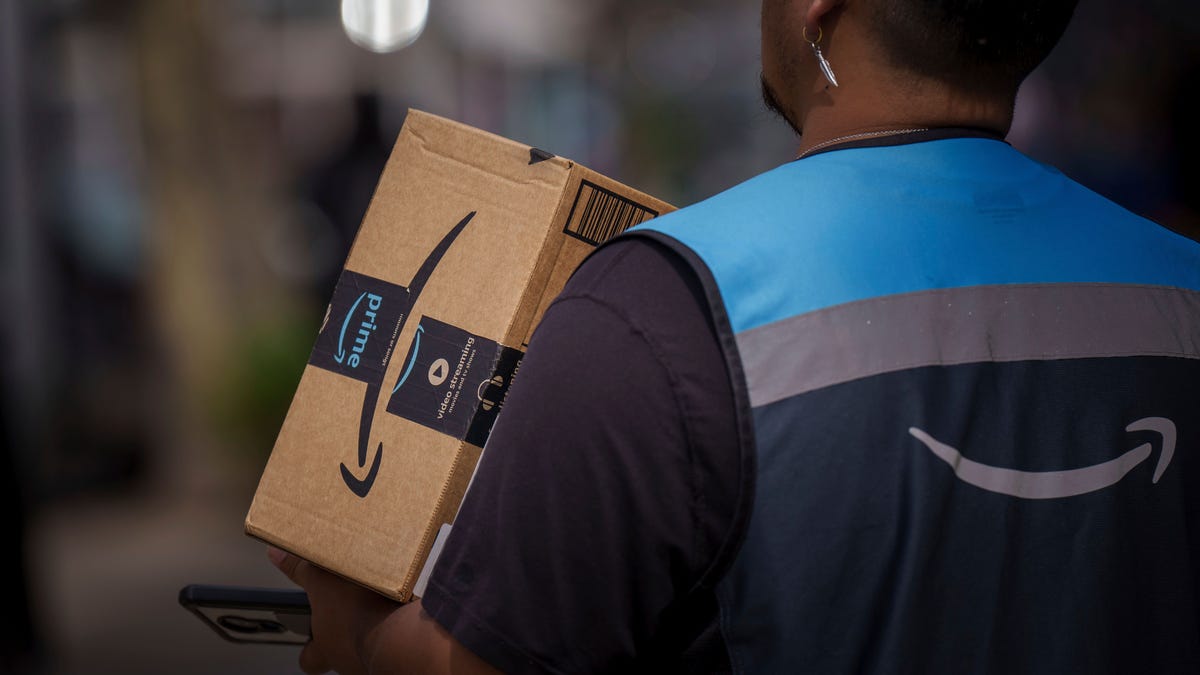Shopping
Amazon launches AI shopping assistant — just in time for Prime Day

After months of testing, Amazon is releasing its generative artificial intelligence-powered shopping assistant, Rufus, to all U.S. customers today.
The conversational shopping assistant “is designed to help customers save time and make more informed purchase decisions,” Amazon said. Rufus is available in the Amazon shopping app in time for Prime Day, which runs between July 16 and 17.
Rufus, which Amazon announced in January, can answer specific questions about products, such as whether a product is easy to maintain and what material it’s made of, the company said. The AI-powered assistant can also give product recommendations and comparisons, and provide product updates. Customers can also track packages with Rufus, and check past orders. Rufus can even help customers with questions unrelated to shopping, such as what they would need for a soufflé or summer party, Amazon said.
Amazon, which is the largest cloud provider, has launched its own AI training and inferencing chips and a platform called Bedrock for developers to build generative AI applications on its Amazon Web Services cloud service. However, the tech giant hasn’t focused as much on developing AI products the way its competitors such as Google and Microsoft have.
Last month, it was reported Amazon is working on an AI chatbot, internally called “Metis,” to rival OpenAI’s ChatGPT. The chatbot will be accessible through a web browser and will be powered by one of the company’s internal AI models, Olympus, Business Insider reported, citing unnamed people familiar with the matter and an internal document. Olympus is reportedly more powerful than Amazon’s publicly available AI model, Titan.
In March, Amazon completed its $4 billion investment in AI startup Anthropic — its largest in an outside company ever. Anthropic uses AWS as its primary cloud provider, and Amazon said the startup would use its AI chips “to build, train, and deploy its future models.”


)






